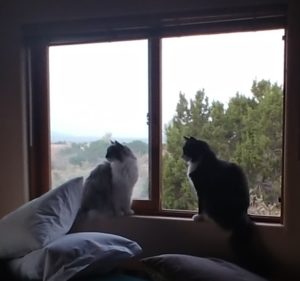
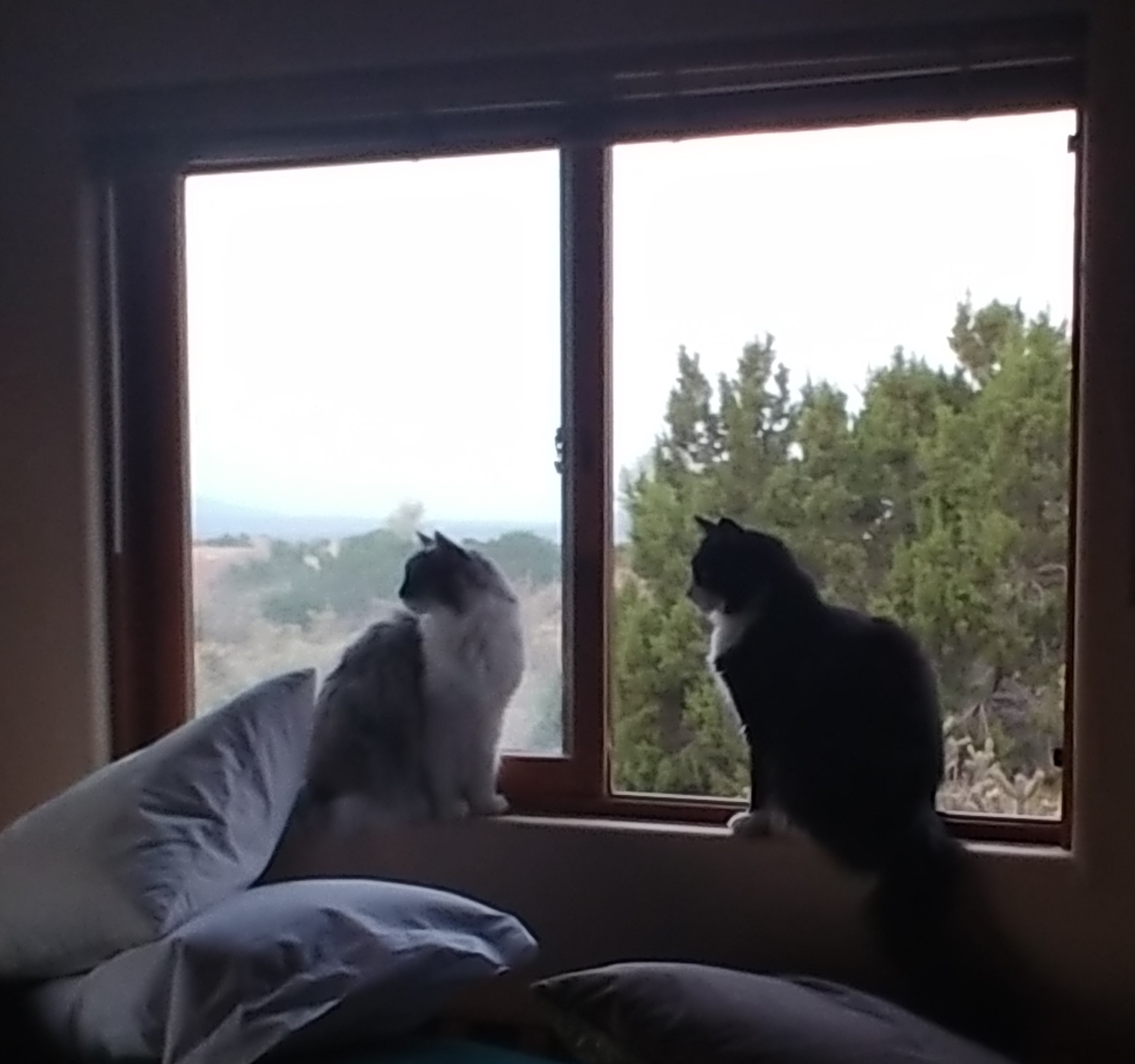
RITA ® Award-Winning Author of Fantasy Romance


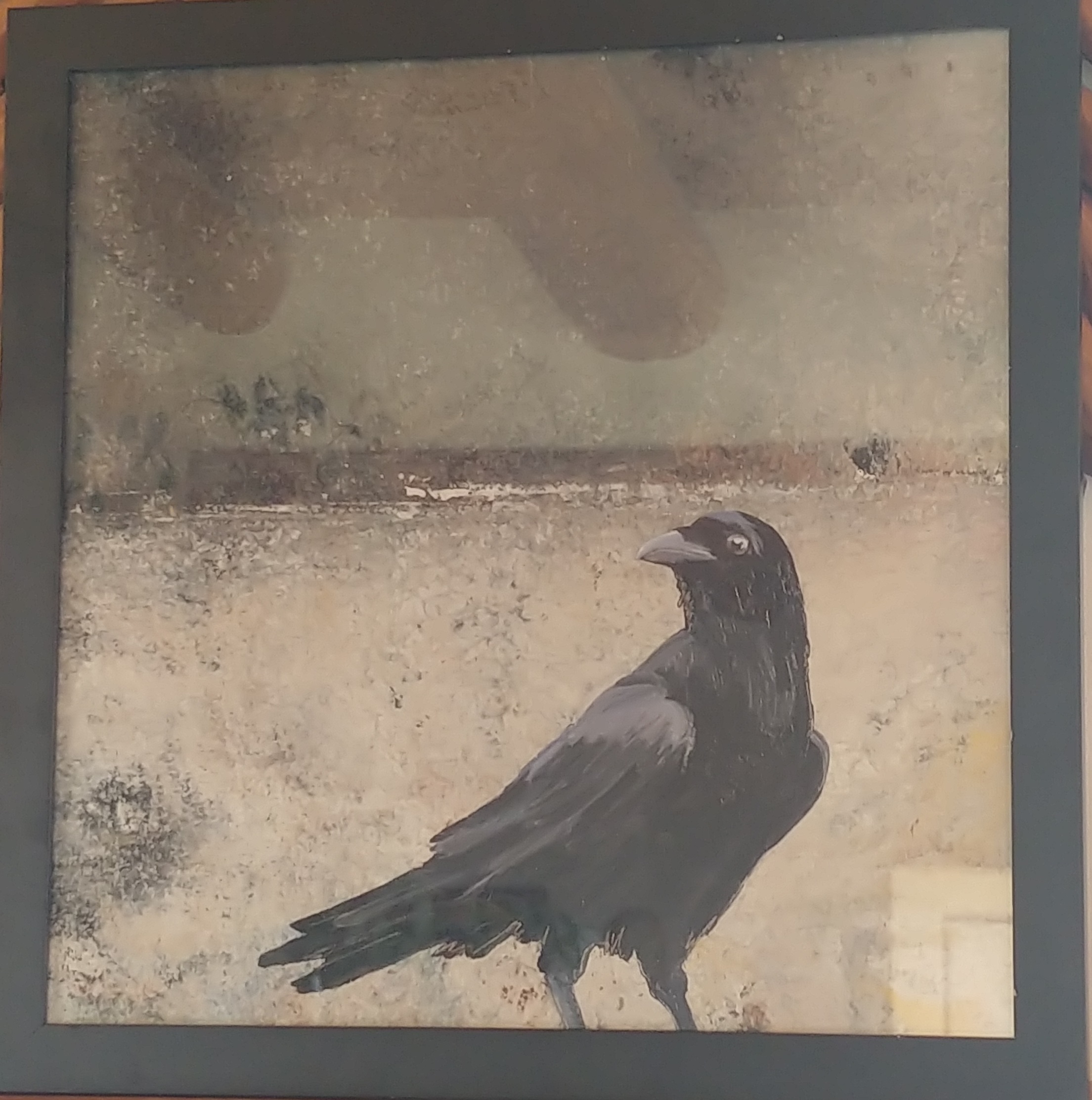
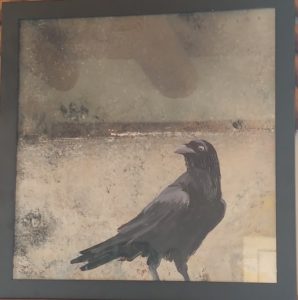
Our topic at the SFF Seven this week is inspiration. What other media inspires us: fandom, music, photography, paintings?
For me, the answer is pretty much yes. But today I’m talking about visual art and the effect of beauty. Come on over for more.
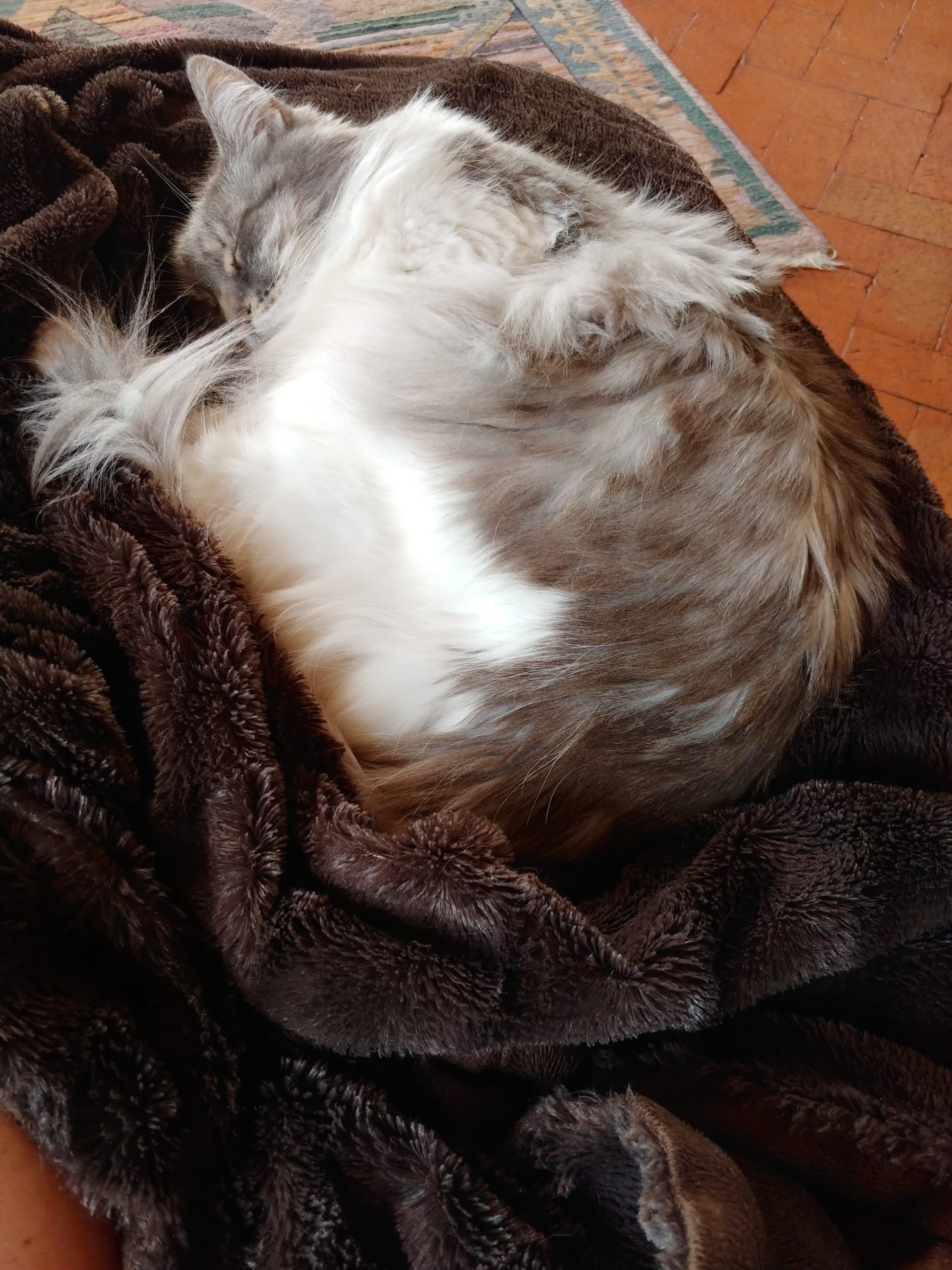
For a lot of us – especially Romance writers – the stress of the last few weeks has been at best distracting and at worst devastating. That kind of emotional stress, on top of the holiday season, which can be emotionally draining for many people, can leave us with empty wells. So what do you do when you need to be creative, but the well is dry?
In other words, how do you even when you can’t even? Come on over my tips!
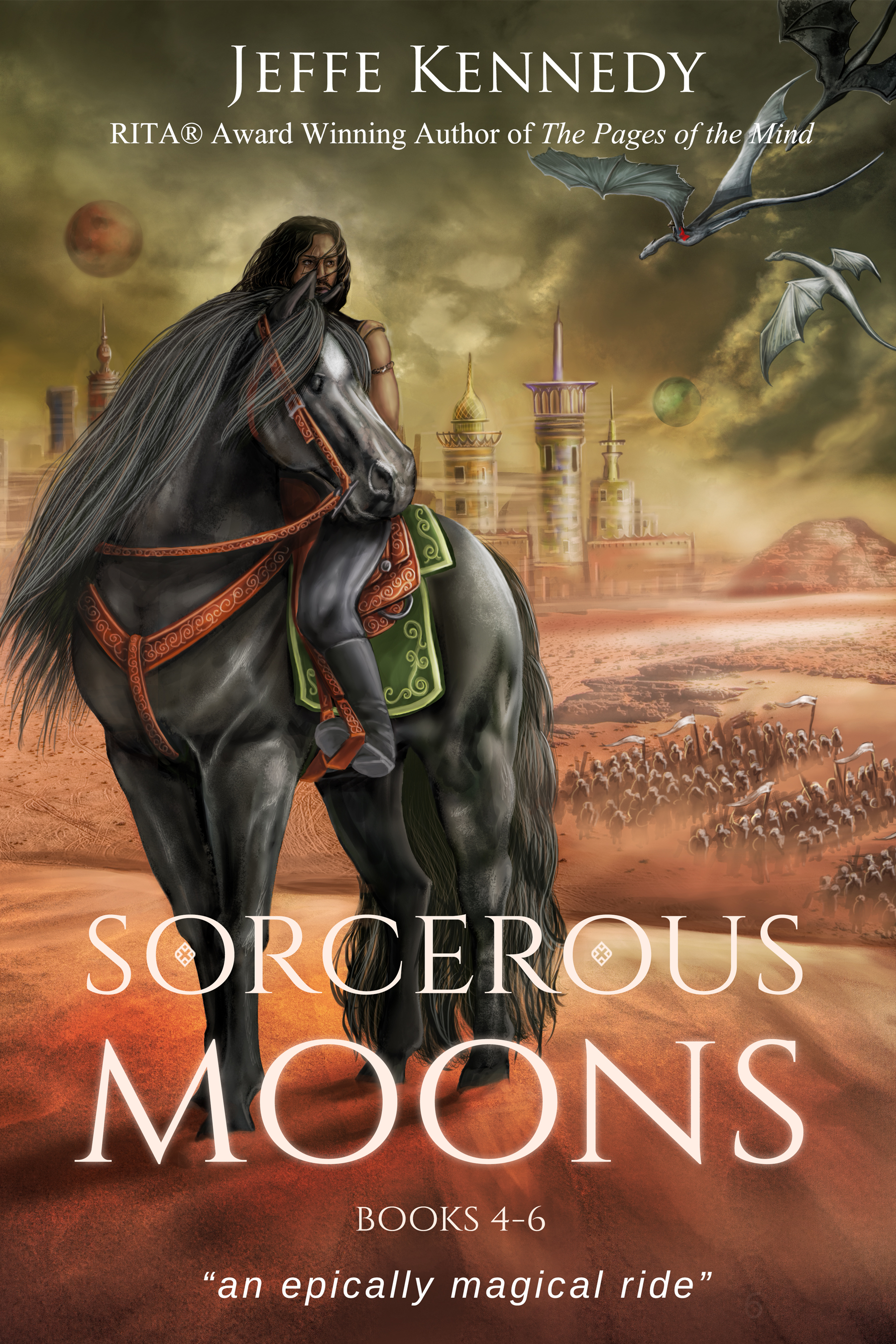
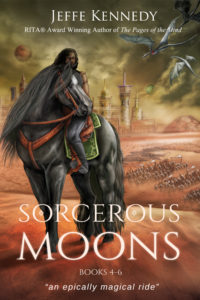
If you’ve been waiting for the second Sorcerous Moons compendium, books 4-6, it’s out! Also talking about reviews and why authors shouldn’t try to improve craft by reading them. And updates on my broken contact lens.
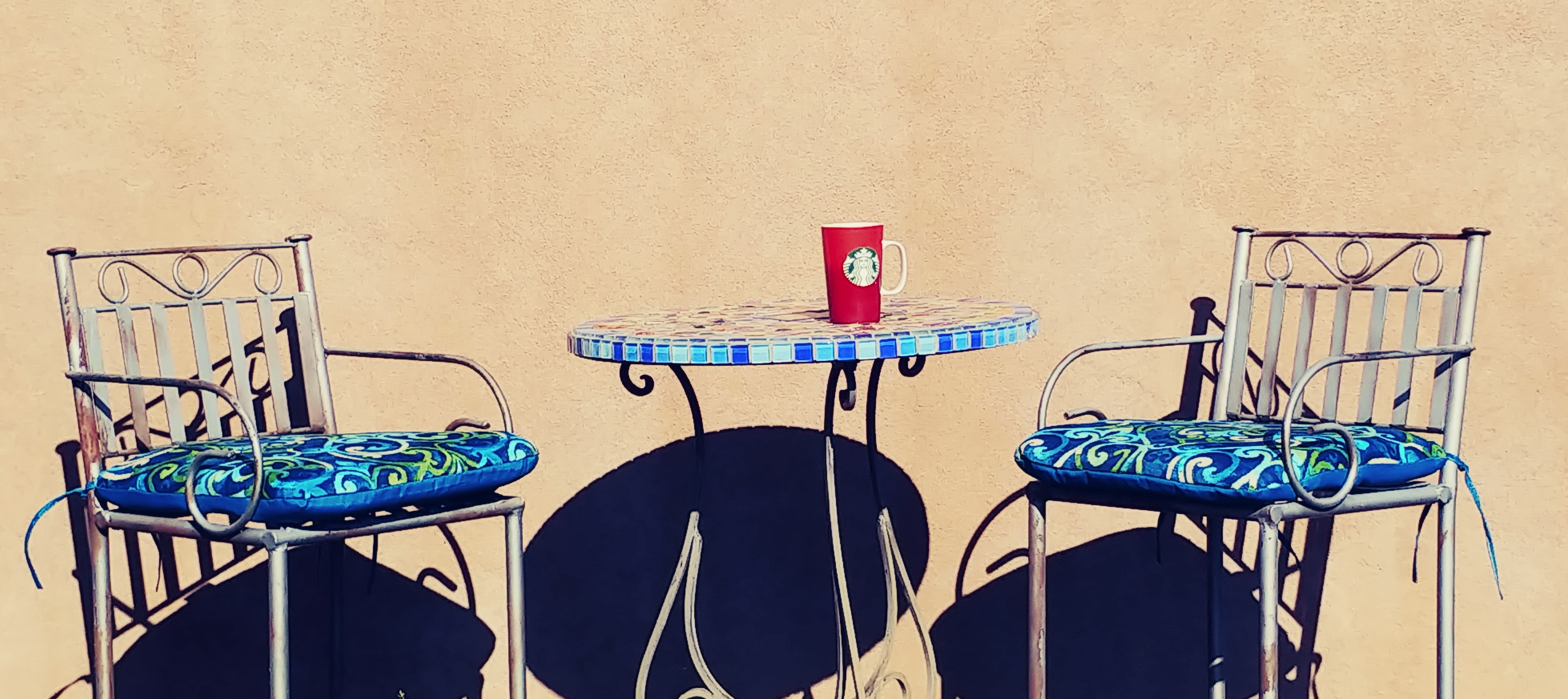


 Our topic this week at the SFF Seven is “finding motivation when life spirals downward,” (as the title implies!). Come on over to find out how I do it.
Our topic this week at the SFF Seven is “finding motivation when life spirals downward,” (as the title implies!). Come on over to find out how I do it.

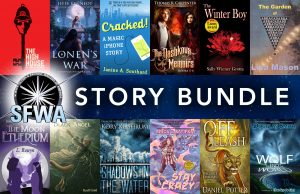
The first SFWA Fantasy Story Bundle has been selling like hotcakes! Which…how DO hotcakes sell, anyway? Maybe fast before they cool off too much. But these stories will keep. For only $5 you get four full-length novels and for $15 total, you can get all twelve. Keep them forever and read at your leisure! A great way to discover new-to-you authors while supporting both those authors and the Science Fiction and Fantasy Writers of America, who does so much to advocate for the genre and the profession. The first book in my Sorcerous Moons fantasy romance series, Lonen’s War, is a part of the bundle.
Our topic this week at the SFF Seven is Trigger Warnings: When Subject Matter is Controversial. Come on over for my take.

Yesterday I got to take my stand-up paddle board out for a jaunt on Lake Sumner in New Mexico. It was a gorgeous day – warm and still, the water cool but not freezing. To my delighted surprise, I hadn’t lost my skill with it since last fall. Rather, I’d improved! My balance and strength are much better. I even discovered what should have been a no-brainer, that the way I distribute my weight on the board contributes to the direction I turn as much as the paddling. There’s a joy in both doing the work and in discovering I’ve improved, as much as in the simpler aspects of the sun, peace, and water.
Our topic this week is along those lines. The Business of Writing: How Do You Separate out the Work of Writing from the Pleasure of Writing? I’m talking about how I’m finding the fun again. Come on over to hear my tale!
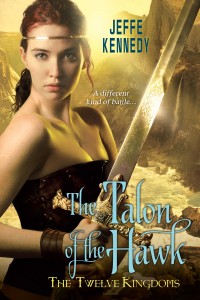 Can our calendar guru see into the future? If so, I want words with KAK on if she saw these elections results coming!
Can our calendar guru see into the future? If so, I want words with KAK on if she saw these elections results coming!
Maybe it’s just me reading in. Our topic this week is: Writing fuel – taking caffeine (coffee and tea) off the table, what fuels your words?
Lemme tell you, folks – I’ve been writing a lot this week. Come on over to the SFF Seven to find out more.
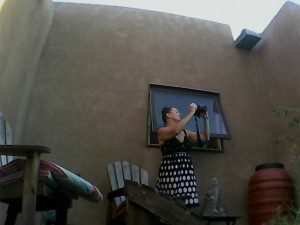 David got this pic of me, without my knowledge, with a video surveillance camera he was playing with. Which is why the colors are so stark. Always interesting to see a view of myself when my attention is totally on something totally other than being photographed – in this case, on getting the photograph *I* wanted.
David got this pic of me, without my knowledge, with a video surveillance camera he was playing with. Which is why the colors are so stark. Always interesting to see a view of myself when my attention is totally on something totally other than being photographed – in this case, on getting the photograph *I* wanted.
I want to tell you all a story. I think I’ve referenced it before, but I’m pretty sure I’ve never told the whole thing. I’ver written it in my head enough times that I’m not sure, however. It starts with 8th Grade.
See, I had English as the last class of the day, every day. I had kind of a love/hate relationship with English class in general, especially in middle school. On the one hand, I got to READ, for school, even! And I loved to write. Both were very easy for me, so much so that I almost held them in contempt. Surely something so easy wasn’t worthwhile. Also, while my math and science teachers gave me accelerated assignments to work on, to keep me interested, there wasn’t anything like that in English. I was bored a lot of the time. And, because I was 13, I didn’t have the sense or poise to disguise that fact. I also had started menstruating when I was 12 and I was full of sexual feelings. Feelings for which I had little outlet, beyond masturbation and illicit reading. It did come out in the poems I had to write for English class, probably much more so that I realized. I don’t think my stuff was at all graphic – I mean, we had to read them out loud – but it was full of sensual language. I know because I kept a list of “good words,” many of which I still use today in writing erotic scenes. I also had all kinds of adolescent sexual energy behind what I wrote.
Looking back, at the fact that I’ve become a writer, not a scientist, this all makes perfect sense. But I didn’t understand it at the time. Also, being a 13-year-old girl, I had zero idea how to handle boys.
There was a group of boys in that class – four or five of them that were friends, all football players. I remember two clearly. One I’ll call John, a gentle guy who I had a bit of a crush on, and the other was a guy I’ll call Doug Smith. Now, Doug was quite the star. Athlete, tall, dark hair – all the girls liked him. He was the leader of this little group. And for whatever reason, they fixed on me. This all goes back to the thing of “when boys like a girl, they tease her.” Well, they did more than tease. Every day after class ended, they would follow me out of class and grab my ass.
This is one of those montage things. It felt like it went on forever. It felt like they all tried to grab me, put their hands between my legs. Doug Smith did the most. I tried various tactics. Waiting to talk to the teacher, leaving class really fast. If I managed to evade them, their laughter would follow me.
No, I never told anybody about it. Not even my friends.
If my mom is reading this, she’s probably all upset that I never told her.
Why didn’t I? I don’t know. It was that shame thing. I didn’t understand why they were doing it, only that I felt terrible and wanted them to stop. I didn’t want anyone else to know about it because that would only make it worse, for people to know.
And that’s not even the relevant part of the story. It came to an end, probably because we graduated 8th grade or they moved on to some other target. I think I got better at fighting it – I kicked one of them once, pretty hard. I even rode rides at the amusement park for 8th grade graduation with my crush John, though that never went anywhere. Doug Smith went on to be the high school superstar in many ways and I fell out of his orbit of notice, thankfully.
The weird part of this story is that, about a year or so ago, Doug Smith sent me a Facebook friend request.
Right? Like a bolt from the blue. And all those awful feelings rushed back, though I have the maturity now know to process them and know them for what they were. So, turns out Doug is an artist these days. As a career. After sitting on the request, and mentioning the history obliquely to a few friends, I finally accepted the request. I kind of wanted to see what he’s about, these three decades later. He’s very chipper on Facebook – about both his art and my writing. He sometimes comments about my various successes and invites me to attend his shows.
He’s working the social media, you know?
And I find myself wondering – does he remember what he and his pack did to me? Maybe they thought nothing of it. I might have been some pretty girl they thought they were flirting with. When I read stories about people confronting their childhood bullies as adults, it seems that a lot of the time the bully had no concept of their impact. Mostly I try to reconcile this very macho, dick-swinging, callous teen with who appears to be a thoughtful and sensitive artist today. I sometimes wonder if he’s gay and out now, and that all that meanness and sexually related cruelty came from his struggles with that.
I don’t have an answer to any of it. Probably there are none. I think mostly I’m mulling this idea I have that a person who’s an artist can’t also be cruel, which I think is wrong. I also believe people can change and obviously that was a long time ago. I’m not the girl I was then. He’s clearly not the guy he was.
But I’ve never replied to him on Facebook. I just watch, and think about this.